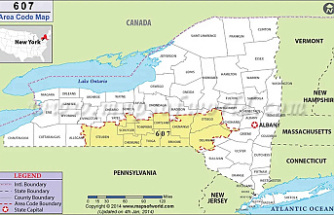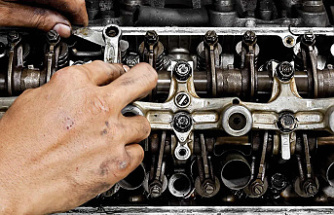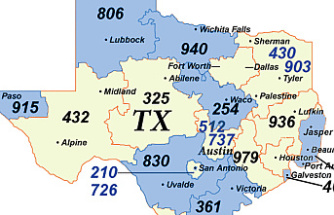Sign up for one of our email newsletters.
Updated 1 hour ago
Repairing a leaky 60-inch water main feeding Pittsburgh's largest reservoir will cost the Pittsburgh Water and Sewer Authority more than four times its original estimate, officials said Friday.
PWSA's board of directors voted unanimously to approve spending up to $1.7 million on repairs to the main that runs about four miles from the water works in Aspinwall to Lanpher Reservoir in Shaler. It supplies about 45,000 North Side residents.
PWSA earlier this week estimated repair costs at $400,000.
Bernard Lindstrom, PWSA's interim executive director, said the authority originally thought the problem was a single hole in the pipe running under Parker Street in Etna. Engineers have since determined that an eight-foot section of the century-old pipe deteriorated. PWSA must replace the entire section and repair a 48-inch storm sewer line running next to the pipe, according to an authority engineer.
“If we would have found just one little, small hole... and we just had to excavate that certain section, $400,000 was probably a good estimate,” Lindstrom said. “What was provided to you today was an engineering-based estimate of actual costs of what it's going to take to repair that line.”
PWSA is supplying water to the North Side from a reservoir in Highland Park. It estimates it will take Butler-based Frank J. Zottola construction at least two months to repair the break.
Lindstrom said the authority has long-range plans to install a new 60-inch main to Lanpher. He could not provide a timeline for when that might happen. Costs could run as high as $20 million, according to PWSA board Chairman Alex Thomson.
Authority crews discovered the break on Feb. 16 after noticing 10,000 gallons per minute draining from the 133 million gallon reservoir. Water was running from the water pipe into the storm sewer emptying into the Allegheny River. It took workers several days to locate the underground leak. The line has since been shut off for repairs.
The problem caused no disruption of water service to the North Side, but Pittsburgh brought in more than 40,000 gallons of drinking water as a precaution at a cost of $48,410, according to PWSA.
The leaking line was the latest problem to befall the troubled authority, which issued a boil water order in January because of low chlorine levels in one of its other major reservoirs in Highland Park. PWSA is working to maintain consistent chlorine levels in Highland Park No. 1 reservoir, which remains out of commission, according to Lindstrom.
PWSA has also been criticized for a billing mess, resulting in customers not being billed for more than a year, and high lead levels in water. It is surveying the city in an attempt to pinpoint lead sources, but has said most of the problem is in lines running to homes from PWSA water mains. Homeowners are responsible for a portion of the lines on their properties.
The board approved spending about $525,000 to purchase lead testing kits for residents. It also approved paying Canada-based Cogsdale Inc. $1.5 million to upgrade outdated computer software to handle billing.
Residents and representatives of eight environmental activist groups, which have united to form “Our Water Campaign,” urged PWSA to improve water quality and reject potential privatization of the authority.
Mayor Bill Peduto has suggested a private company could help the authority by buying excess water and marketing it.
The authority is capable of producing 107 million gallons of water per day and is permitted to draw 100 million gallons per day from the Allegheny River. It can store up to 480 million gallons in its system of reservoirs and tanks. Customers use about 70 million gallons per day on average.
“Water can never be a commodity. It is a right,” said the Rev. Vincent Kolb, pastor of Sixth Presbyterian Church in Squirrel Hill. “All the citizens of this community deserve access to clean water. It is our water together, not private property.”
Our editors found this article on this site using Google and regenerated it for our readers.












